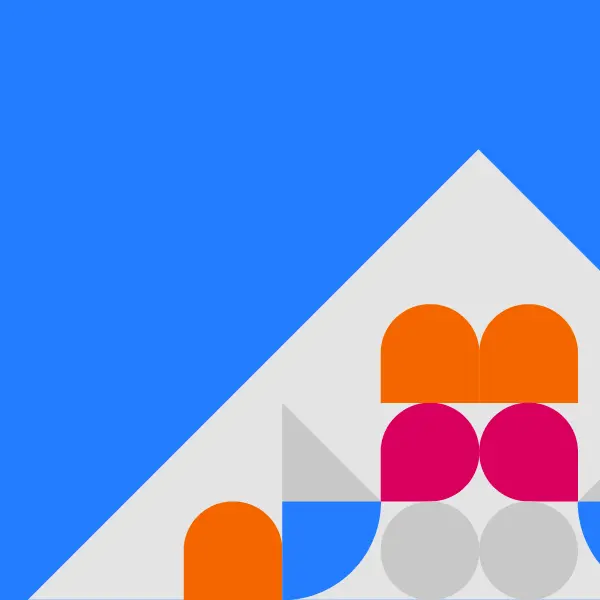
AI-generated summary
The Internet of Things (IoT) is significantly transforming the health sector in three main areas: embedded sensors and actuators for disease prevention and treatment, remote surgical interventions enabled by robotics and real-time specialist collaboration, and IoT applications within hospitals to enhance clinical operations. According to expert Joseph Kvedar, IoT empowers individuals to manage their own health by continuously monitoring key biomedical parameters such as ECG, blood sugar, and blood pressure through medical-grade devices. Initiatives like the Quantified Self community leverage Big Data and AI to personalize healthcare, offering preventive and corrective actions without frequent hospital visits. This approach is particularly beneficial for underserved populations with limited access to medical facilities but smartphone availability.
Remote surgery is becoming increasingly feasible with AI-powered robotics, especially as 5G networks enable real-time expert assistance across distances. This technology addresses challenges like limited local expertise and complex procedures in remote or small medical centers, promising safer and more precise operations. Meanwhile, hospitals are integrating IoT with AI, Blockchain, and augmented reality to create Smart Health environments where diagnostic devices automatically update patient records securely, allowing patients control over data sharing. Despite these advances, challenges remain in ensuring interoperability, establishing standards, and protecting security, which must be addressed to fully realize IoT’s potential in healthcare.
The Internet of Things is leading a revolution in the health sector, both in the improvement of treatments, as well as in surgery and hospital environment.
The impact of Internet of things on the Health sector can be divided into three main areas:
1.- The application of sensors and actuators in the human body for the prevention, improvement or cure of diseases,
2.- The use of IoT to perform surgical interventions remotely with real-time participation of various specialists located in different locations and the involvement of robots and
3.- Hospital IoT, that is, the application of IoT in the hospital and clinical environment.
Measuring and actuating devices in patients
Our FTF expert Joseph Kvedar explains the main applications of IoT in the Healthcare sector:
Dr. Kvedar advocates that in the field of health tools should be created that increasingly allow the individual to be his own doctor. And, before getting there, that, at least, the physical presence of a doctor or go to a hospital or consultation is not necessary to be able to take measures against diseases such as coronary heart disease.
The most important thing is to take measures of parameters related to health, so that actions can be carried out that correct in a preventive or corrective way the malfunctions of the organism. Dr. Kvedar gives the example of Quantified Self as a global community of people who actively participate in the collection of parameters relating to their own health and share them with the community. The immense amount of data collected by this type of initiative can allow, with the use of Big Data and Artificial Intelligence technologies, to develop increasingly personalized and increasingly successful solutions for the prevention and cure of diseases. Additionally, the individual can apply healthy lifestyle habits that he knows, by the results that emerge from the experience of other users, can improve or avoid a disease. As Dr. Kvedar says in his book “The Internet of Healthy Things,” “if we want to truly transform the health care system, we need to excite as many people as possible with self-tracking their health and ultimately become the stewards of their own health.”
This is an especially valuable solution for the underdeveloped countries of the world where people cannot afford regular visits to hospitals and, most likely, have smartphones. And governments, in turn, have the ability to see how the population is doing in terms of health, accumulating massive statistics.
To reliably measure biomedical signals, such as ECG, EEG, blood pressure, blood sugar, body temperature, and stress, medical-precision IoT devices are being developed that can also dispense medications automatically. An application example is the continuous glucose monitor (CGM). A device the size of a coin that is inserted into the arm of diabetes patients and that continuously monitors the level of glucose in the blood, injecting insulin when necessary.
Remote surgical interventions
Surgical robotics becomes a common reality.
AI-powered robotic surgical means are shown to be more accurate than real doctors in certain occasions and circumstances. There are still limitations and risks involved, but it is a field that will undergo a significant strengthening with the mass adoption of 5G mobile technology. Every year in the world there are millions of operations that cannot be carried out due to the lack of specific knowledge of the local medical team in charge of the patient: novel surgeries, surgeons operating in small general surgery centers that need support in some complex operation, advanced techniques that require experienced professionals or surgeons in remote places who have to face great challenges to care for their patients safely and professionally. These IoT+5G solutions become the key to facilitating access to the best techniques and professionals regardless of the location of the operating room.
Hospital of Internet of Things.
We can find IoT solutions where diagnostic machines can feed patient records automatically. In this type of solutions, Blockchain provides the necessary security so that patients can have control of their records and decide which part of the history to share with which specialist.
The integration of other leading technologies with the IoT such as Artificial Intelligence (AI), Augmented Reality (AR), Big Data and Blockchain with smart contracts is creating a whole new typology of solutions around what is already called Smart Health. AI is already better and much more accurate at predicting, for example, women’s breast cancer.
As in the rest of the cases we are reviewing, the problems faced by these types of solutions are the lack of interoperability and standards and security risks.
